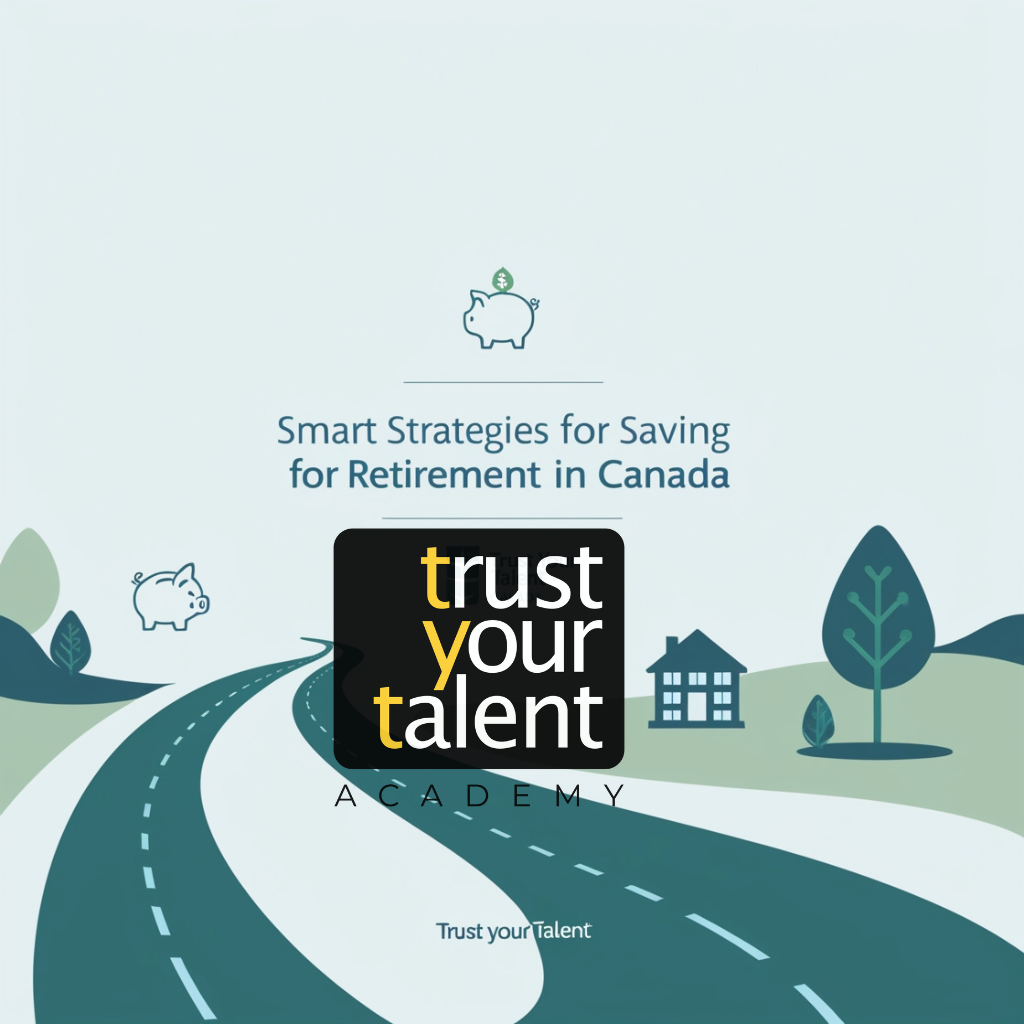Best Ways to Save for Retirement in Canada: Trust Your Talent

Planning for retirement can feel overwhelming, but it doesn’t have to be! Think of it as a journey where you’re in the driver’s seat, steering towards a secure financial future. In Canada, there are so many smart strategies to help you save for retirement, ensuring you can enjoy those well-deserved golden years without a financial worry. So, let’s dive into the best ways to save for retirement in Canada and tackle some of the common questions you might have along the way.
What Are the Best Ways to Save for Retirement in Canada?
- Start Early: Here’s the secret: the sooner you start saving, the better! By beginning in your 20s, you’ll harness the magic of compound interest. Just imagine your money working for you over the years while you focus on living your life.
- Utilize Registered Accounts: Don’t overlook the power of registered accounts like the Registered Retirement Savings Plan (RRSP) and the Tax-Free Savings Account (TFSA). These accounts are designed to give you a boost with tax benefits that can make a big difference in your savings.
- Diversify Investments: Think of diversifying your investments like creating a balanced meal. You want a mix of stocks, bonds, and mutual funds to keep things healthy and minimize risk. This way, you can optimize your growth while protecting your investments from the unpredictable market.
- Employer Contributions: If your job offers a pension plan or matches your retirement savings, make sure to take full advantage of it! This is essentially free money that can significantly grow your retirement funds without you having to lift a finger.
- Set Realistic Goals: Establish clear, achievable savings goals. Knowing exactly how much you need to save can motivate you to stay focused. For more assistance with goal-setting, check out our guide on how much money do you need to retire in Canada—it’s packed with useful insights.
How Much Should You Save for Retirement?
Determining how much you should save depends on your lifestyle, expenses, and income sources. A good rule of thumb is to aim for a retirement income that’s 70% to 80% of what you’re earning now. So, if you’re making $75,000 a year, plan for about $52,500 to $60,000 per year in retirement. It’s all about keeping your lifestyle comfortable!
What Investment Strategies Work Best for Retirement?
Effective investment strategies are like the roadmap to your retirement savings. Here are a few methods to consider:
- Target-Date Funds: These funds automatically adjust their asset allocation as you near retirement age, allowing you to sit back and relax while your investments take care of themselves.
- Robo-Advisors: Want a hassle-free investment experience? Robo-advisors can create a personalized portfolio based on your risk tolerance and goals, simplifying the investment process for you.
- Real Estate Investments: Investing in rental properties can provide you with a steady income stream during retirement, plus the potential for your property to appreciate over time.
How Can You Enhance Your Retirement Savings?
Looking to amp up your retirement savings? Here are a few tips:
- Maximize Contributions: Aim to make the most of your RRSP and TFSA contributions. For 2024, the RRSP limit is 18% of your previous year’s income, capped at $30,780.
- Review and Adjust: Regularly checking in on your savings plan and investment portfolio is crucial. Life changes, like getting married or having kids, might mean it’s time to tweak your strategy.
If you’re eager to learn more about saving for retirement, be sure to explore our comprehensive Canadian Retirement Planning Guide for in-depth strategies tailored just for Canadians.
Conclusion
Trusting Trust Your Talent means believing in your abilities to plan effectively for your retirement. Taking proactive steps in your retirement planning can truly set you up for success. By implementing smart saving strategies, leveraging the comprehensive resources available through Trust Your Talent, and regularly reviewing your progress, you can confidently navigate your retirement journey.
For additional guidance on specific topics like retirement income, check out our average couple retirement income guide and our insights on how much money you need to retire in Canada to ensure you’re prepared for the years ahead!







